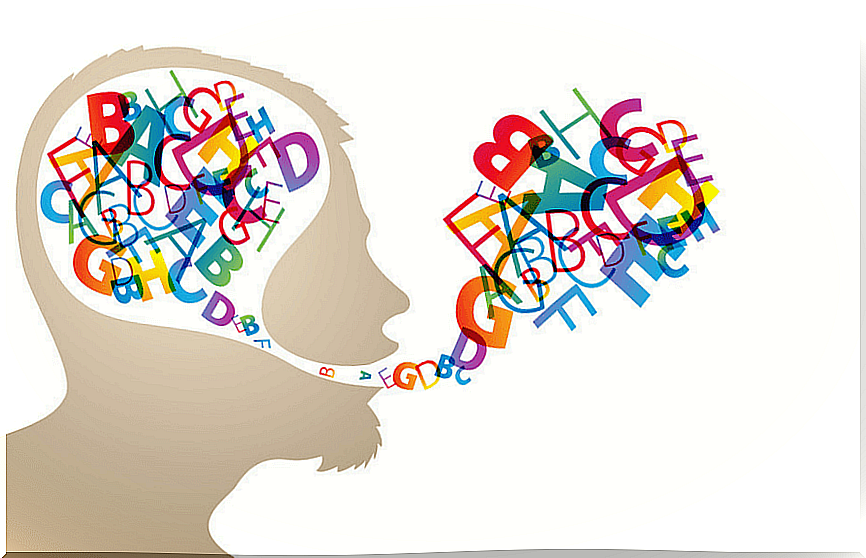What Happens To Your Brain When You Participate In A Positive Conversation?

Few activities are capable of filling us with both good energy and positive conversation. They are those dialogues where you feel heard and want to listen to the other. Words click and meet. They say a lot and their echo becomes a shadow: friendly and cheerful. These kinds of conversations are a real balm for life.
The opposite is also true. When no matter how much you talk, you feel like they don’t understand you. You also feel upset having to listen to the other. There are negative messages between the lines. Sometimes also direct attacks. Those encounters only leave you irritated and with a certain bitterness.
We all know from experience that positive conversation is a wonderful gift. What is new is that science has confirmed this through different studies. What was proven is that a constructive dialogue has the ability to modify some brain patterns. Neurochemistry also reflects the contribution of such conversations.
An investigation on words
Mark Waldman and Andrew Newberg are two researchers on human behavior. The former is a professor of communication and a member of the Executive Program of the University of California MBA. The second is director of the Myrna Brind Center for Integrative Medicine at Thomas Jefferson University. They both did extensive research and wrote a book called “Words Can Change Your Brain. “

The research of these two experts contains very interesting facts about words and positive conversation. They found, for example, that the word “No” triggers the production of cortisol . That is the stress hormone. It makes us put on alert and weakens our cognitive abilities.
On the contrary, the word “Yes” causes dopamine to begin to be released. This is a brain hormone that regulates gratification mechanisms. It creates a feeling of well-being. It also reinforces a positive attitude towards communication.
Words and positive conversation
The subject of the words “Yes” and “No” is only a small component of the research conducted by Waldman and Newberg. Through different experiments, what they managed to scientifically prove is that words change our brain. Of course, positive or negative conversation as well.
In fact, they found that some people use more words that have negative effects on the brain. Others, on the other hand, use more constructive words. In both cases, this is done without being aware of it. The truth is that both leave a different feeling in their interlocutors.

It is also interesting to note that something similar was verified in a study carried out by the CreatingWE Institute . In this case, the effect of the bosses’ words on their employees was studied. They found that affectionate expressions increased oxytocin production. But not only that, they also made the staff raise their intellectual capacities and be more productive.
Positive conversation and compassionate communication
Waldman and Newberg have coined a concept that is already making a career out of it. They call it “compassionate communication. ” It refers to that type of communication in which respect for the other and sincerity prevail. Just the kind of communication that takes place when you have a positive conversation.
The researchers also discovered one of the cognitive ingredients that characterize positive conversation. People understand better when ideas are separated and no more than four are linked. In other words, there is a greater guarantee of understanding if several issues are not addressed at the same time. Also, the sequences should not include more than four subjects. Additionally, it takes at least 30-40 seconds to move from one topic to another.

Waldman and Newberg also found that some words deeply impact people. Basically the words poverty , illness, loneliness or death. Such expressions affect the amygdala and facilitate negative rumination of thoughts. However, they also found that the effect they produce can be nuanced. It is enough that these words do not go to the beginning or the end of a sentence.
Since it is impossible to eliminate negative words from life, it is appropriate to compensate them with positive words. The same is true for conversations. When an interaction has been negative, it must be offset by a positive conversation. This allows balancing, not only the interaction, but also the brain chemistry.









